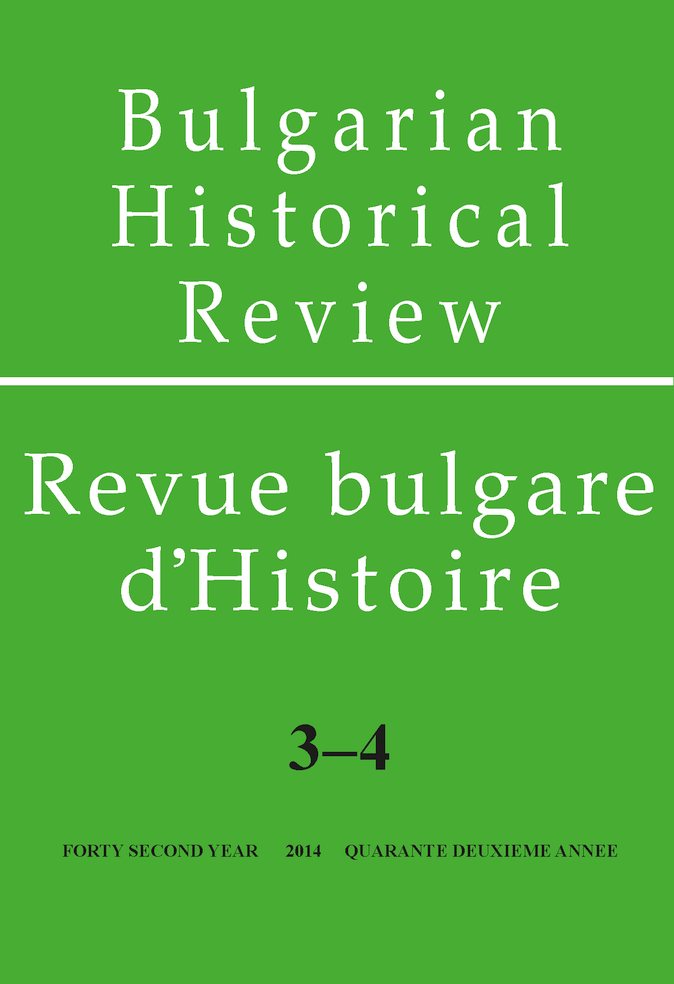Влияние политического наследия Ст. Стамболова на функционирование монархического института в Болгарии (1895–1918 гг.)
The Influence of the Political Legacy of Stefan Stambolov on the Functioning of the Monarchic Institution in Bulgaria (1895–1918).
Author(s): Dmytro MykolenkoSubject(s): History, Diplomatic history, Political history, 19th Century, Pre-WW I & WW I (1900 -1919), Between Berlin Congress and WW I
Published by: Институт за исторически изследвания - Българска академия на науките
Keywords: Bulgaria; Stefan Stambolov; Ferdinand of Saxe-Coburg and Gotha; monarchic institution; People’s Liberal Party;
Summary/Abstract: The author examines the political heritage of Stefan Stambolov and its impact on the functioning of the monarchic institution in Bulgaria from 1895 to 1918. The period of Stambolov’s serving as regent and Prime-Minister set a vector in the political development of Bulgaria the effect of which on the system of government was felt for decades. This process was determined by the desire of Tsar Ferdinand to expand his powers and increase his own prestige in the international arena. It was supported by most of the political parties in the country, which, due to the specific mechanism of Cabinet formation, became accomplices of the Tsar. The People’s Liberal Party made no exception in this respect. The detailed analysis of the consequences of Stefan Stambolov’s policy for the development of the country in the long term contributes to correcting the concepts of his role in the history of Bulgaria established in scientific literature so far.
Journal: Bulgarian Historical Review / Revue Bulgare d'Histoire
- Issue Year: 2014
- Issue No: 3-4
- Page Range: 86-109
- Page Count: 24
- Language: Russian
- Content File-PDF

